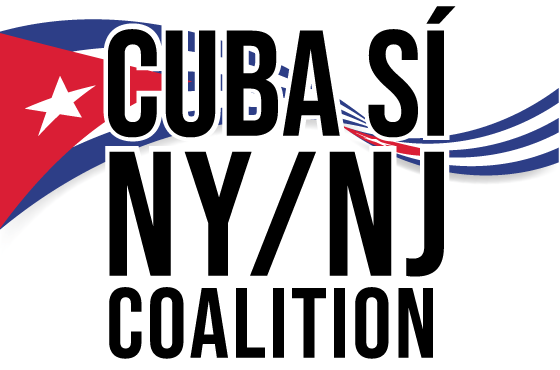Women’s boxing in Cuba: a fight against time and misunderstanding
Since long before launching its first official punches, Cuban women’s boxing has had to face an unfair and unequal fight.
Since long before launching its first official punches, just a few months ago, Cuban women’s boxing has faced an unfair and unequal fight. His has been a fight against time and misunderstanding, a fight that kept it on the ropes for many years, but in which it is now finally beginning to smile.
Unlike the men, who have left a golden trail in the ring and have won numerous titles as amateurs and professionals, Cuban women boxers had to remain in the shadows for years. As happened at their time with other sports, such as wrestling or weightlifting, prejudice and intransigence cut short its chances of officially competing in Cuba time and again.
This, despite the fact that women’s boxing has had fights and recognition internationally for some time, and that on the island itself there were practitioners and also precursors of the discipline, such as Silvia Hernández and Felicia Mesa, “La pantera sagüera,” bitter rivals on the ring before 1959.
Although on more than one occasion the Cuban authorities claimed to be “studying” the issue, for a long time they refused to budge. Thus, the possibilities repeatedly vanished for women boxers to participate in international events and fight for medals in the World Cups, Central American, Pan American and Olympic Games, where women’s boxing had been official since London 2012.
If at first the Cuban Boxing Federation (FCB) was opposed to following in the footsteps of world sport because it considered that this modality was “inappropriate” for women, in the following years it opened the door to its possible acceptance due to the growing requests from inside and outside the country, including that of the president of the then Amateur International Boxing Association (AIBA), Ching-Kuo Wu.
However, the delay in approving its practice remained, and the arguments for doing so, too.

